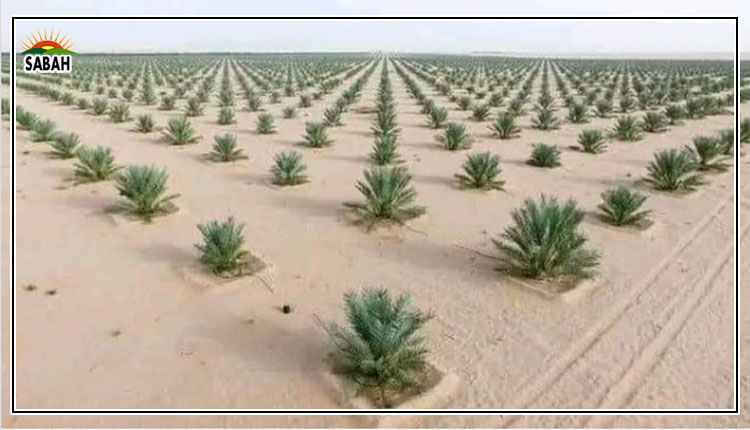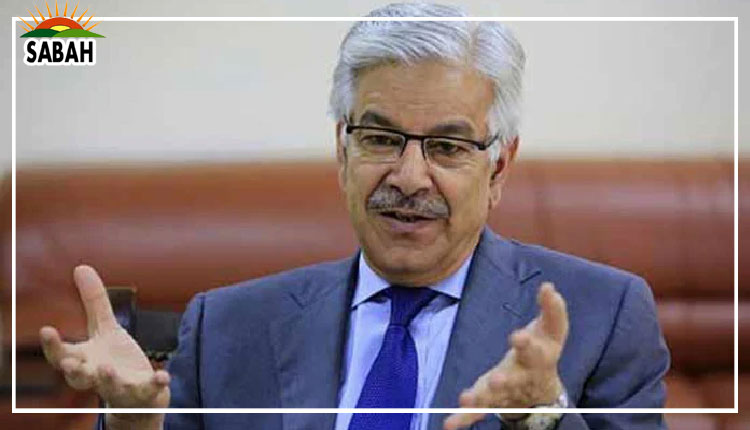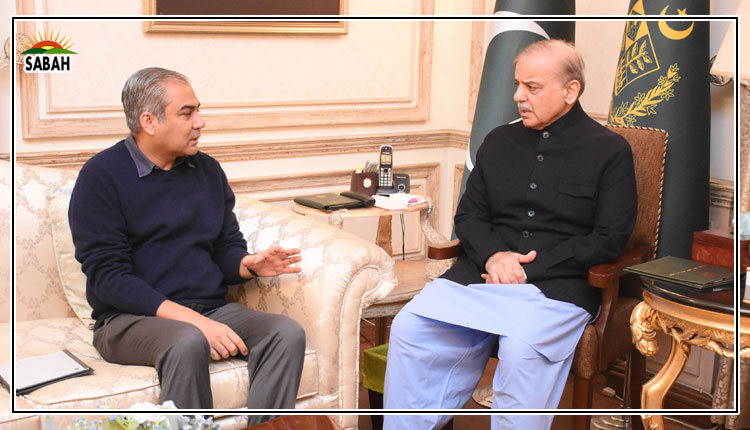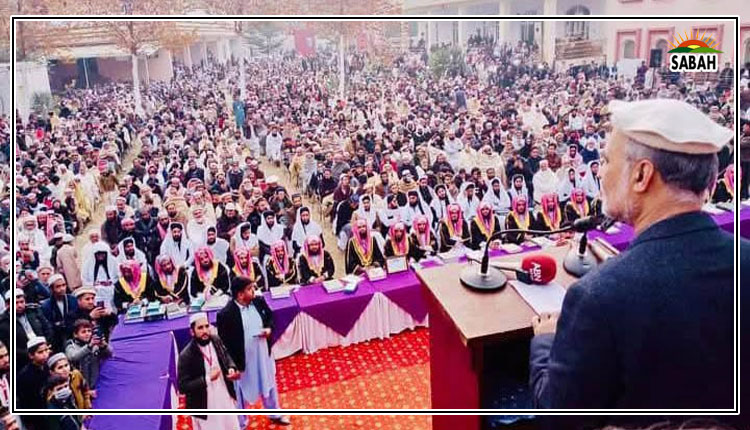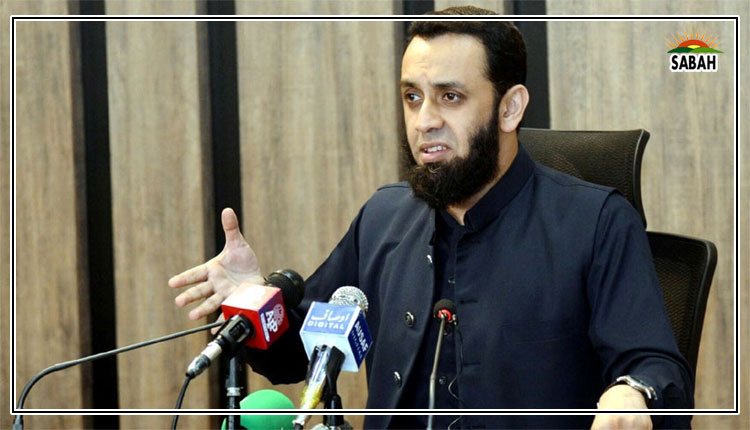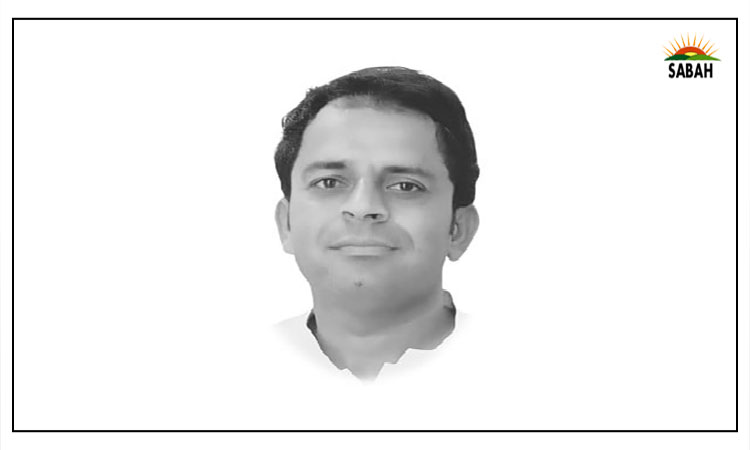Truth, power – and Pakistan … Ali Hassan Bangwar
In a world where truth is a taboo, the liar is king. Anonymous
Truth and power are often viewed as opposing forces, wherein the former subtly incorporates elements of the latter, but the latter rarely exhibits traces of the former. The clash between the two dates back to the dawn of humanity, with power momentarily triumphing before ultimately yielding to truth. Whenever truth confronts power, the proponents thereof may face temporary and unjust consequences before power faces eternal defeat. This differential influence is perhaps because, unlike power – which is ignorant of logic and relies on brute force, manipulation and deceit – truth often stems from logic, legitimacy and moral integrity. However, before truth ultimately prevails, power ossifies socioeconomic and political structures as well as psychological realms by suppressing realities and oppressing their protagonists.
To guard their estates, stakes and empires of lies, states ascribe statehood and national security exclusively to themselves and their courtiers within key institutions – political dynasties, mainstream media, the judiciary and the bureaucracy. These self-styled national security narratives define and defend their interests and estates, often at the expense of their subjects. Consequently, these elites deem anything threatening their stakes as a threat to national security and desperately attempt to censor poetry, scrutinise writings and even stifle satire and people’s thoughts. This makes the expression of truth and dissent – especially when it threatens the interests of the powerful – a national security threat and a taboo in their eyes, and hence it is treated as such.
Today, much like throughout its tumultuous history, Pakistan presents a classic tale of subduing the laws of the land and the Constitution by muzzling the nascent voices of truth and dissent. With one of the worst records of press freedom and journalist safety, along with authoritarian curbs on media freedom, the state continues to suppress the truth. For instance, most realistic accounts of recent incidents in the country either went unreported in the mainstream media or have been reported in line with the official narrative. Today, it is mainly through digital or international media that the public comes to know the truth behind these situations or incidents in the country. Local journalists who dare to investigate or voice the realities are often indicted on false charges, face arrest, and even torture.
However, the story rarely ends there. For a deep state-driven government, conquering national institutions, including the judiciary and the media, is a greater priority than empowering them to combat the crises the country faces. Similarly, democracy, freedom of speech and political dissent pose a far graver threat to the country’s self-styled national security than do the recent economic crisis, the resurgence of terrorism, pervasive corruption and poverty, widespread unemployment, the lawlessness and extortion (like in Kashmore), or the myriad other crises grinding down the people.
Thankfully, public enlightenment has significantly weakened the political stakes of dynastic despots and the political capital of the entrenched deep state that even words, thoughts and poetry are now feared and treated as threats. Doesn’t this suggest that the status quo is sleepwalking into oblivion, conclusively sealing its inevitable decline? Doesn’t the long-sought-after triumph of truth over power and of the people over the status quo appear imminent, written on the wall?
Courtesy



